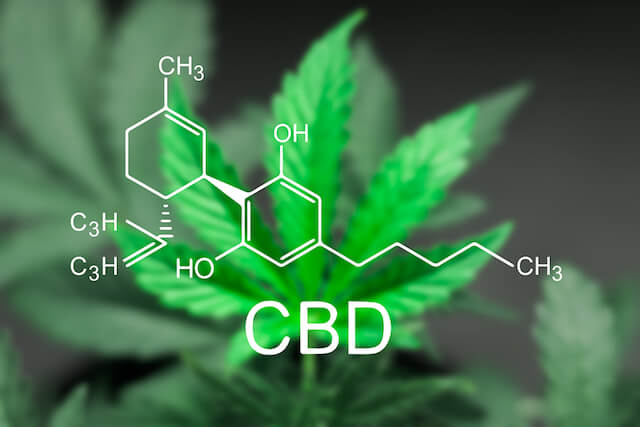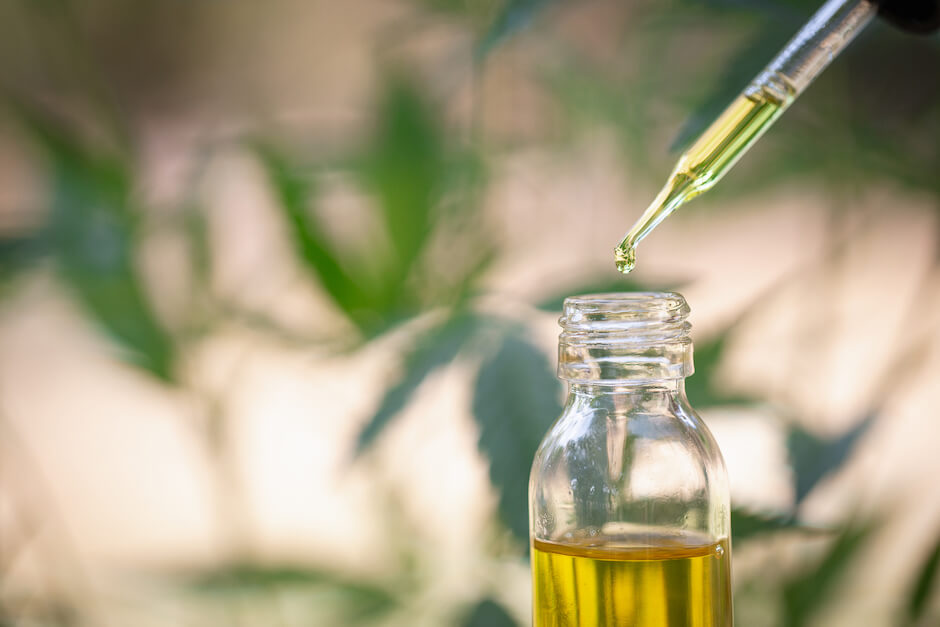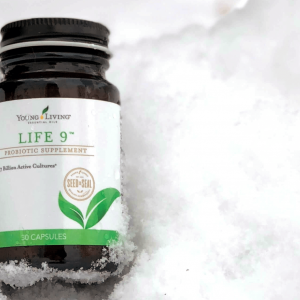
In the U.S. alone, mental health disorders such as anxiety and depression affect over 40 million adults annually. Even people who don’t suffer from long-term emotional issues may experience occasional symptoms. And with a slew of risks associated with many prescription drugs, many people are looking for alternative ways to alleviate anxiety and depression. If you’re thinking of adding cannabidiol (CBD) oil to your routine, read on to learn some of the current scientific research about CBD and emotions.
What Causes Mental Illness?
Mostly due to direct-to-consumer advertising (DTCA) from pharmaceutical companies, most people believe that depression and other emotional issues result from a serotonin deficiency in the brain. It is important to note that these advertisements do not require FDA approval. Therefore, their claims are widely unsubstantiated. In fact, when evaluating the serotonin theory, there is actually a significant body of contradictory evidence.

So what is the root of mental illness, such as depression? To answer this, we must look into a portion of the brain known as the hippocampus. This area is responsible for memory, learning, and emotions. Studies show a direct correlation between the hippocampus and psychiatric disorders.
Serotonin (aka 5-HT) plays a role within the hippocampus as a vital neuromodulator. Its primary function might be to maintain homeostasis in the brain. A deficiency of serotonin can contribute to mental illness, but it is not often the root cause.
The hippocampus is susceptible to changes in the environment as well as inflammation in the body. This is why our physical well being also has a profound impact on our emotional health. Inflammation, stress, trauma, and illness can actually cause hippocampal atrophy, or shrinkage. Yes, you read that correctly. . .stress can shrink your brain.
The good news is that this area of the brain is capable of regeneration, or hippocampal neurogenesis. It is possible for new nerve connections to form and the brain to be restored to its normal, non-depressive state. (Remember this term, as we will use it throughout this discussion. Hippocampal neurogeneisis = brain regeneration/restoration.)
Can CBD Help?
Although numerous studies about CBD’s effects on the brain exist, ongoing studies are being conducted to evaluate the long-term effects of its use. However, the potential of CBD to help with emotions is quite promising. Let’s look at some scientific studies.

When evaluating the brain-healing potential of CBD oil, the studies refer to CBD’s ability to protect living neurons (neuroprotection), to help form new connections (neuroplasticity), and to trigger the formation of new neurons (neurogenesis). Most of the findings indicate that CBD is key for neuroplasticity in that it directly affects neurotransmitters.
Neuroprotection
A study evaluating CBD’s effects on epileptic seizures showed that cannabinoids provide neuroprotection against brain excitability and induce at least partial restoration of neurotransmitter dysfunction.
In an animal study, CBD demonstrated a fast and sustained antidepressant-like effect. Thus, the authors of the study propose that CBD is a promising compound with large-spectrum therapeutic potential.
Neuroplasticity
Similar to the actions of anti-anxiety drugs, CBD activates serotonin receptors, which control a variety of neurological communications and increase neurogenesis of the brain.
One extensive review of CBD also concluded that CBD activates 5-HT1 receptors. This has a direct impact on learned fear and phobias, implicating that it may be an effective treatment for anxiety disorders, including post-traumatic stress disorder (PTSD).
Neurogenesis
Decreased adult hippocampal neurogenesis has been associated with psychiatric disorders such as anxiety, schizophrenia, and mood disorders. CBD’s positive effect on neurogenesis was first observed in 2005 and many other studies have also demonstrated similar results.

Specific Mental Illness Studies
When evaluating the slew of data available for CBD’s effects on emotional health, most studies conclude something similar to the discussions above about neuro -protection, -plasticity, and -genesis. If you are looking for evidence of CBD’s potential to help with a specific mental illness, check out the additional links below:
Looking for more information about CBD, or worried about adverse effects of CBD? Then come check out CBD vs. Copaiba and The Difference Between CBD and THC.












